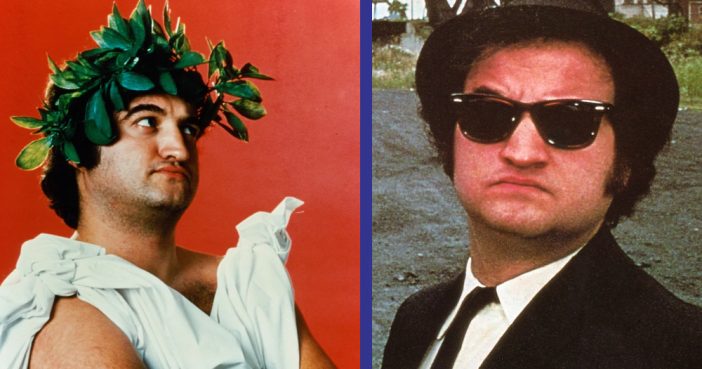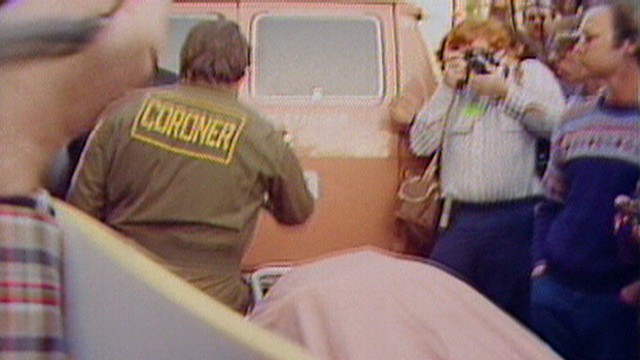
I remember John from the early 1970s, in Old Town, where, to put it cruelly, you’d put drinks into him like quarters into a jukebox, and he’d entertain everyone in the room. He was eventually “eighty-sixed” (barred) from most of those bars, though, and at the end was frequenting his own private saloons in New York and Chicago.

In Chicago during those early days, we were buying him drinks, In Los Angeles and New York in the later days, Woodward reports, money for cocaine was built into some of his business deals, and his associates were giving him hundreds of dollars in cash, on demand, day or night, to buy drugs. For that matter, what difference would it have made if they hadn’t? Friends and sycophants were sneaking him drugs because it boosted their own images: There are long, painful passages in the book in which Judy is asking people not to give John drugs “because I know you don’t want to hurt him.” The same people are hiding drugs for him in stovepipes, toilet bowls, and his pockets.
John Belushi was an actor and a comedian, but the book could have been written about a pilot, a plumber, a taxi driver or a journalist — if their diseases commanded $600,000 advances from Simon and Schuster. Judy Belushi is wrong, I believe, in confusing the progression of John’s disease with the “demands” and “pressures” of show business.

Life involves a lot of pressure. It is easier to handle without the incalculable pressure of drug abuse. The comedian who cannot be funny, the pilot who cannot fly, the journalist who cannot meet a deadline, the mother who cannot be patient with her child, feels demands and pressures that are exactly the equal of Belushi’s — since there is no measuring the intensity of the intolerable. Wired is essentially not a show-business biography, but just the sad natural history of a disease.
(Source: Roger Ebert, WHY JOHN BELUSHI DIED)
Related:
